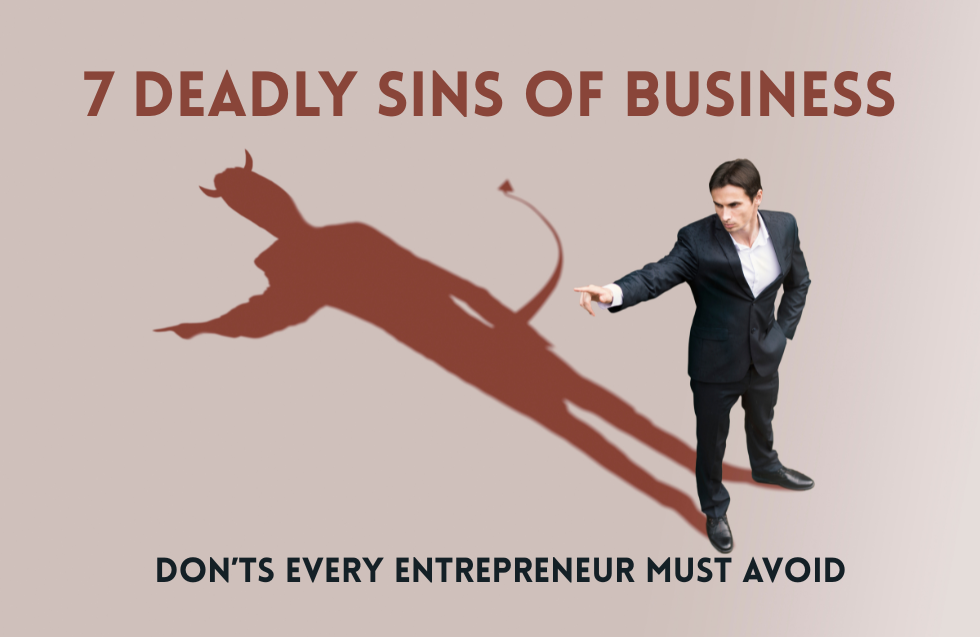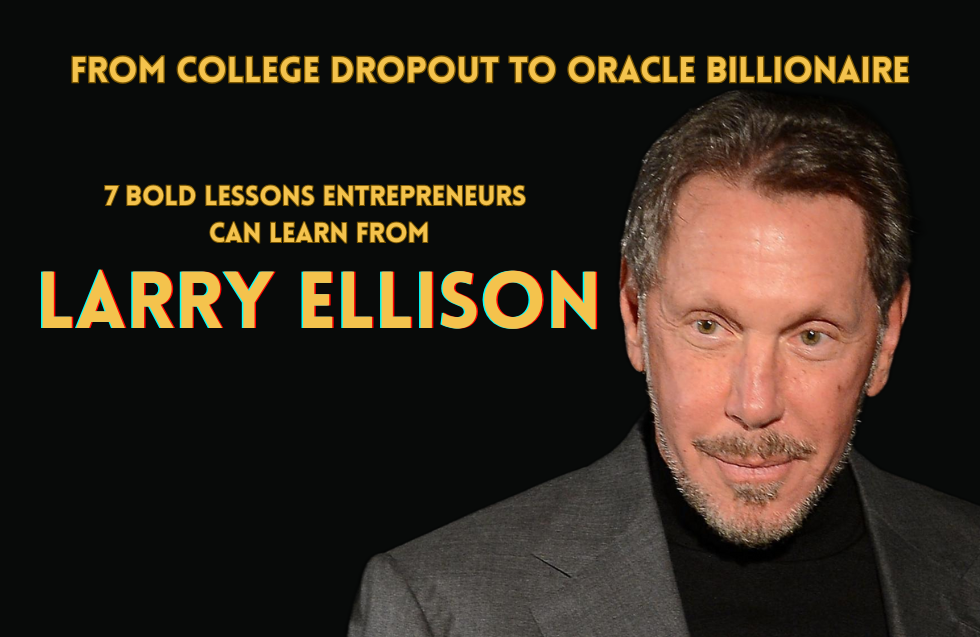Starting a business can be one of the most exciting yet daunting ventures. The entrepreneurial journey is full of challenges, but it’s also packed with opportunities to innovate, lead, and create something truly impactful. As the startup Playbook ecosystem continues to thrive, successful entrepreneurs have shared their strategies, tactics, and lessons learned along the way. Whether you’re just getting started or looking for ways to elevate your business, these key lessons from experienced founders can help guide your path to success.
1. Start with a Clear Vision
Before you dive into the nitty-gritty of business operations, take time to define your vision. What problem are you solving? Who is your target audience? What sets your business apart from the competition? Founders like Elon Musk of Tesla and Brian Chesky of Airbnb often emphasize the importance of a bold vision. Musk’s vision for electric vehicles was not just about creating sustainable cars, but transforming the entire automobile industry. Similarly, Chesky saw Airbnb not just as a service for travelers but as a way to create a global community of hosts and guests.
Takeaway: Your startup’s vision should be compelling and clearly articulated. It will drive your decisions, attract investors, and inspire your team.
2. Embrace Failure as a Learning Opportunity
Failure is often seen as a roadblock, but the most successful entrepreneurs view it as a stepping stone. Steve Jobs famously said, “You can’t connect the dots looking forward; you can only connect them looking backwards.” He was fired from Apple, the company he founded, only to return later and help turn it into the tech giant it is today.
Takeaway: Don’t be afraid of failure. Use it as an opportunity to learn, adapt, and improve. Fail fast, fail often, and fail forward. Each mistake brings you closer to success if you extract the right lessons from it.
3. Focus on Solving Real Problems
Every successful startup begins with a solution to a real-world problem. This approach is at the heart of companies like Dropbox and Uber. Drew Houston created Dropbox to solve the problem of file storage and sharing, while Travis Kalanick and Garrett Camp launched Uber as a response to the challenges of getting reliable, affordable transportation. Understanding the pain points of your target audience and offering a product or service that addresses those needs will set you on the path to success.
Takeaway: Ensure your product or service has a clear and tangible value proposition. If you can solve a real problem for your customers, they will be more likely to invest in what you’re offering.
4. Build a Strong Network
Networking is more than just exchanging business cards at events. It’s about building relationships with people who can help you grow. Mark Zuckerberg, the co-founder of Facebook, credits much of his success to the strong relationships he built with his team and investors. Surrounding yourself with people who have complementary skills, diverse perspectives, and a shared passion for your business will help you navigate challenges and take advantage of new opportunities.
Takeaway: Don’t underestimate the power of building meaningful connections. These relationships will support you in your journey, whether it’s through mentorship, partnership, or simply advice.
5. Stay Agile and Adapt Quickly
The business landscape is always changing, and startups need to be flexible to survive and thrive. Reed Hastings, the co-founder of Netflix, pivoted his company from DVD rentals to streaming services, which was a bold but necessary move to stay competitive. Many startups that are successful today evolved by embracing change and adapting quickly to market shifts. Whether it’s tweaking your product, revising your marketing strategy, or adjusting your business model, being agile is crucial for long-term success.
Takeaway: Be prepared to pivot when necessary. The most successful entrepreneurs are those who can stay agile and pivot quickly when they see opportunities or challenges arising.
6. Persistence and Resilience Matter More Than Talent
It’s easy to think that the key to success is having the perfect product or service, but in reality, perseverance often matters more. Howard Schultz, the former CEO of Starbucks, faced multiple rejections from investors when he first tried to pitch his coffee shop concept. However, his resilience and persistence eventually paid off, and Starbucks became the global coffee giant it is today.
Takeaway: Talent is important, but it’s persistence and resilience that will carry you through the toughest moments. Stay focused on your goals, even when obstacles arise.
7. Understand the Importance of Cash Flow
Even the most innovative ideas need solid financial backing to succeed. Jeff Bezos of Amazon once said, “We are stubborn on vision, we are flexible on details.” While having a vision is crucial, it’s just as important to have a solid grasp on your business’s finances. Without proper cash flow management, even the most promising startups can collapse. Make sure you have a good financial plan in place and seek professional advice when necessary.
Takeaway: Keep a close eye on your finances, especially in the early stages of your business. Proper financial planning and cash flow management are crucial to sustainability.
8. Create a Strong Company Culture
As your startup grows, building a company culture that reflects your values and mission is essential. The team you assemble will directly impact your business’s success. Tony Hsieh of Zappos believed that creating a positive company culture was key to both customer satisfaction and employee retention. A strong culture not only helps attract top talent but also keeps your team motivated, productive, and engaged.
Takeaway: Cultivate a company culture that aligns with your vision and values. A strong, supportive culture is vital to attracting the right team and ensuring long-term success.
9. Know Your Competition, But Don’t Get Distracted
It’s easy to get caught up in what your competitors are doing, but successful entrepreneurs know how to stay focused on their own goals. While it’s essential to stay informed about the market and what competitors are offering, obsessing over them can detract from your core mission. Evan Spiegel, the co-founder of Snapchat, focused on building a unique product and user experience, even when facing competition from larger companies like Facebook.
Takeaway: Keep an eye on the competition, but don’t let it define your business strategy. Stay focused on what sets you apart and constantly innovate to stay ahead.
10. Keep Your Customers at the Core
No matter how much your business grows, remember that your customers are your most important asset. Richard Branson of Virgin Group credits much of his success to his obsession with customer service. By delivering an outstanding customer experience, your business can build loyal customers who will not only return but also recommend you to others.
Takeaway: Prioritize your customers and ensure that your business is constantly focused on improving their experience. Customer loyalty is one of the strongest drivers of business success.
Conclusion: The Road to Startup Success
While every entrepreneurial journey is unique, these key lessons from successful entrepreneurs offer valuable insights that can help guide your own startup. Stay focused on your vision, embrace failure as a learning opportunity, and be ready to adapt as needed. Build strong relationships, manage your finances carefully, and always put your customers first. With these principles in mind, you’ll be well-equipped to turn your startup dreams into a thriving business.
If you’re ready to embark on your own entrepreneurial journey, remember that success doesn’t happen overnight. But with persistence, the right mindset, and these time-tested strategies, you can achieve your goals and create a lasting impact.













